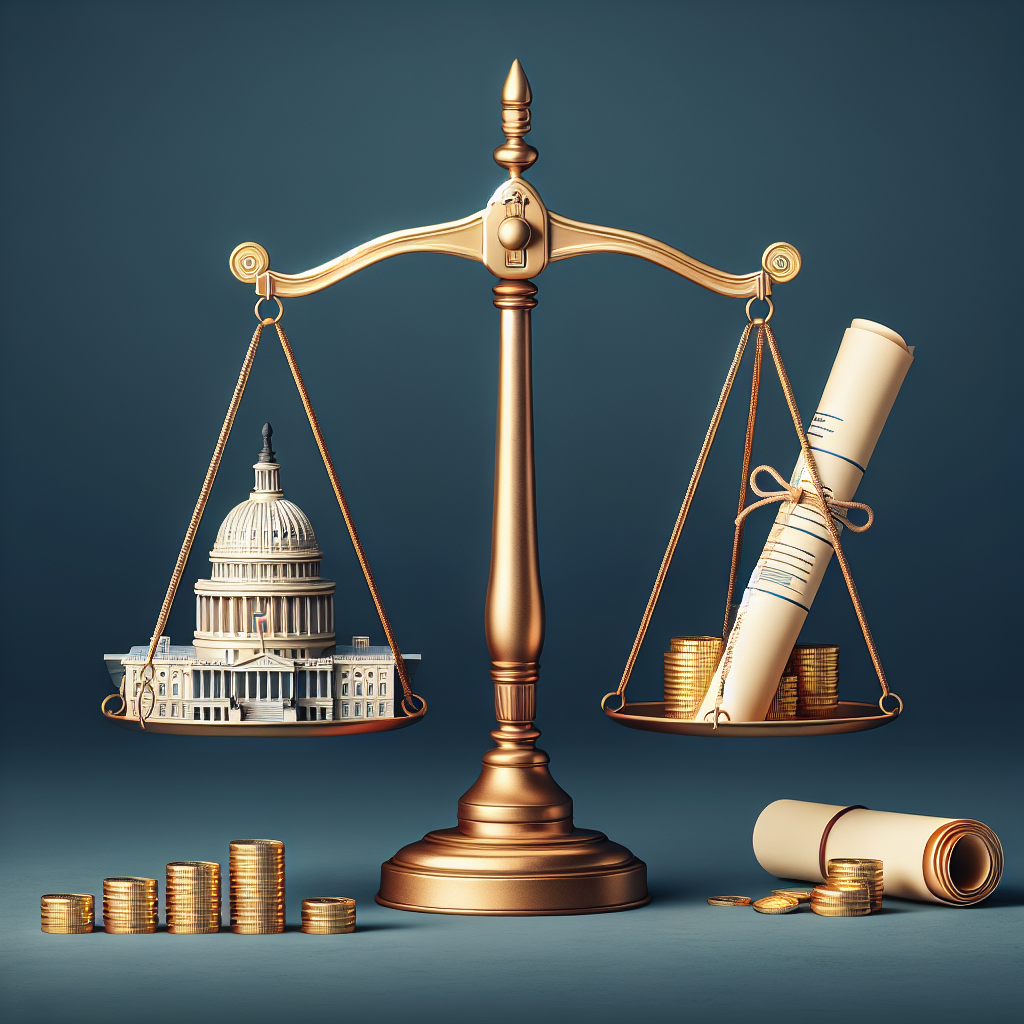Kamala Harris’ economic plans would remain largely unchanged if she becomes the Democratic presidential nominee, according to Goldman Sachs.
President Biden announced on Sunday that he is withdrawing from the Democratic nomination race, succumbing to increasing pressure following his shaky debate with Republican candidate and former President Donald Trump.
After issuing his statement, Biden endorsed Vice President Kamala Harris. Harris confirmed her intentions to proceed with her candidacy and received significant endorsements from California Governor Gavin Newsom, Pennsylvania Governor Josh Shapiro, and New Jersey Governor Phil Murphy. Despite this change, policy shifts are not expected to be dramatic.
“We would not expect the Democrats’ fiscal and trade policy agenda to shift meaningfully if Harris is the nominee,” Goldman Sachs analysts, led by chief economist Jan Hatzius, stated in a note on Sunday.
Replacing Biden with Harris has slightly increased the Democrats’ chances of winning the White House, but the probability remains slightly under 40%, according to Goldman.
Goldman analysts previously noted that taxes will be a primary fiscal focus next year, with the personal income tax provisions of the Tax Cuts and Jobs Act set to expire at the end of 2025. The election winner will determine the extent of these cuts and the potential introduction of new tax measures.
Here are some of the firm’s forecasts for fiscal policy under a Biden administration:
– 39.6%: The proposed tax rate for individuals earning $400,000 or more, up from the current 35%/37%.
– 28%: President Biden’s proposed corporate tax rate, up from the current 21%. Goldman is skeptical Congress would agree, suggesting a 25% rate is more plausible. (Conversely, Republican nominee Donald Trump has pledged to lower the rate to 20%.)
– 5%: Biden’s proposed Social Security and Medicare tax rate on incomes over $400,000, up from 3.8%.
If Harris becomes the nominee, prediction markets suggest the highest odds for her vice-presidential pick include Pennsylvania Governor Josh Shapiro, North Carolina Governor Roy Cooper, Kentucky Governor Andy Beshear, or Arizona Senator Mark Kelly.
